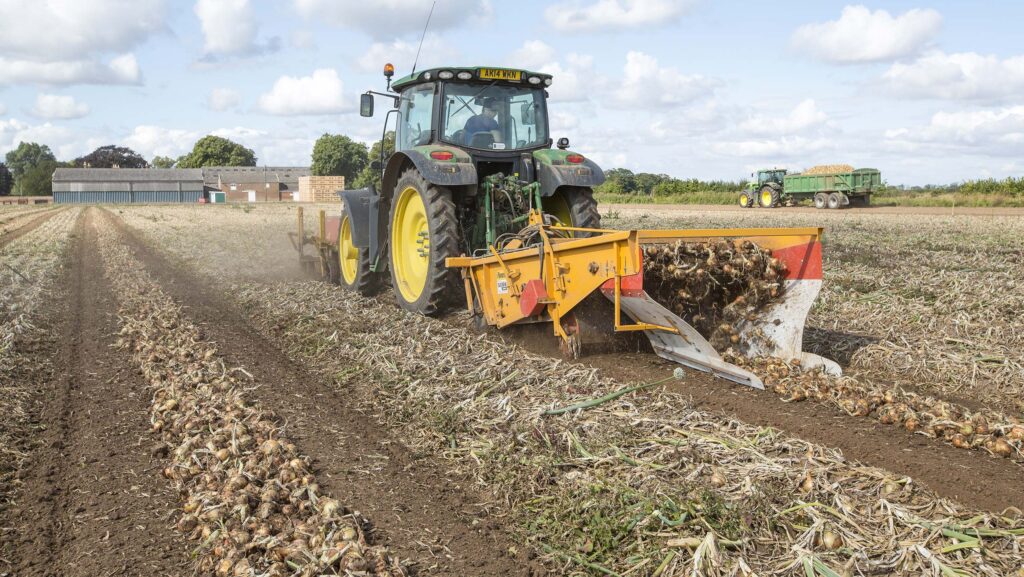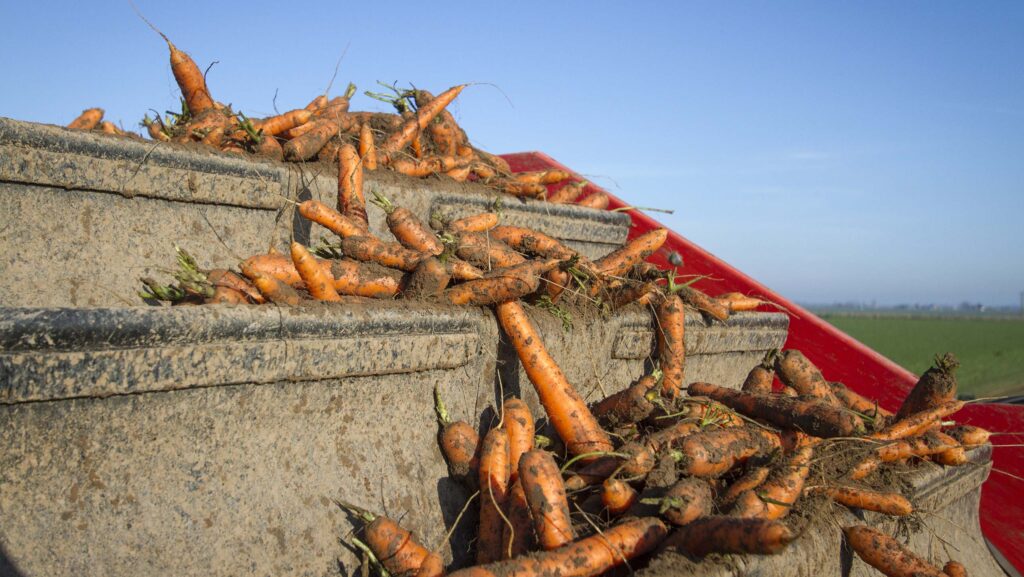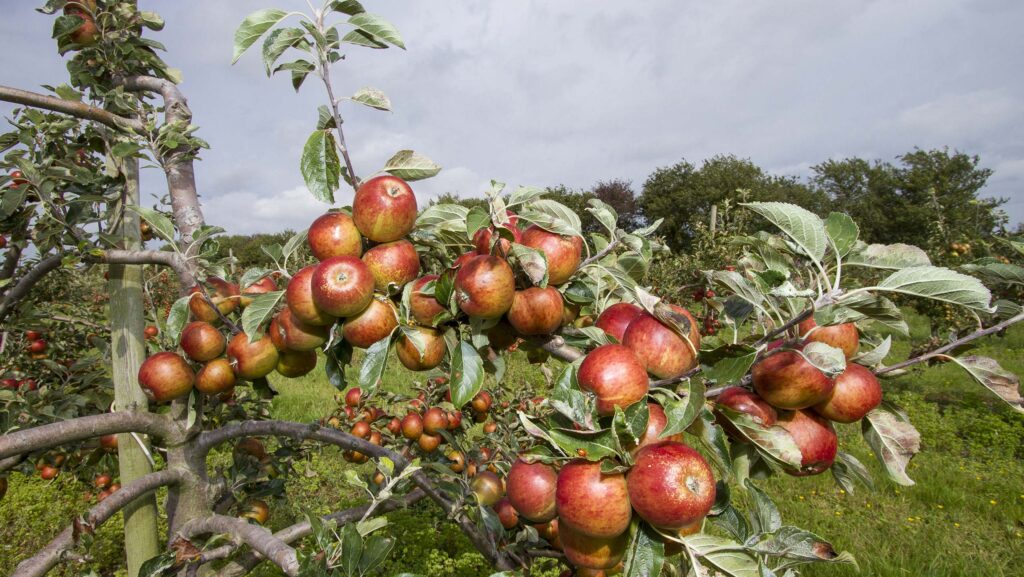Farming policies ‘must support increase in food production’
 © GNP
© GNP Farming policies need to support a 30% increase in domestic food production while reducing UK agriculture’s environmental footprint by 50% by 2050.
That was the message from the All-Party Parliamentary Group on Science and Technology in Agriculture as it launched its 30:50:50 vision in parliament on Wednesday 29 January to mark the start of Agri-Science Week.
See also: UK climate report warns of food security risks and national threats
Group chairman George Freeman, the MP for Mid Norfolk, raised doubts whether current policies are fit to support such targets and called on the UK government to do better than its predecessors.
Mr Freeman pointed out that dependence on wheat imports was at its highest since records began 30 years ago. And this year, he said, the UK was on course to produce just 15% of its vegetable oil requirements, rather than 40% a decade ago.

© GNP
UK potato production is also at its lowest level for more than a decade, and Defra figures indicate that UK self-sufficiency in fresh vegetables, at 53%, is at its lowest since records began in 1988.
For fresh fruit, the UK produces just 16% of its needs.
“With our good soils, temperate climate, professional farming sector and world-class agri-science base, Britain is well-placed to produce more food, more sustainably, and to reduce our dependence on food imports,” Mr Freeman said.

© GNP
Innovation
He added that the urgency of UK and global food security, affordability and sustainability required clear, long-term objectives to harness the latest advances in agricultural science and innovation.
“The UK government wants the country to produce more food. But even the government’s own assessments warn that current farm policies will reduce and displace food production,” he said.
The committee believes a realistic ambition would be to increase domestic food self-sufficiency to 75% over the next 25 years from its current 60%.
Taking forecast population growth into account, that means increasing UK agricultural production by 30% by 2050.
Mr Freeman said the solution lay in his committee’s newly-published Innovation Agenda for UK Agriculture report, which advocates the setting of clear, measurable objectives for sustainable and efficient production, better use of farm data, and more joined-up policies.
Response
In response, a Defra spokesperson said: “The government is investing £5bn into farming over the next two years – the largest ever directed at sustainable food production in our country’s history.
“We are going further with reforms to boost profits for farmers by backing British produce and reforming planning rules on farms to support food production.”
The spokesperson also pointed to Defra’s New Deal for Farmers, which includes a greater focus on public procurement of British food, help to diversify income streams, and greater fairness for farmers in supply chains.
